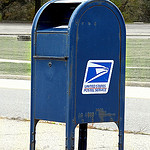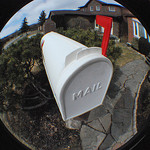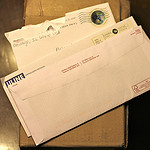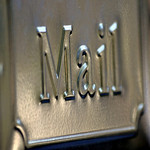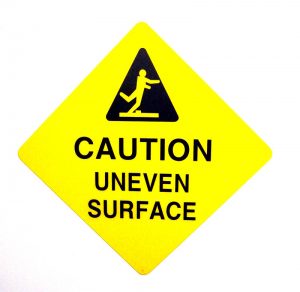Question: Why can’t agents simply skip the query pitch altogether and read the sample pages the author includes with the letter?
Here’s why:
One blog reader has called my series of query tip blog postings as a “much needed foot to the groin.” That certainly creates a visual! What they are really trying to say is that I’m not pulling the punch here. I’m outlining the bald truth about the query process.
At conferences when I’m teaching my query workshop, participants will often lament about how difficult it is to write the one page query letter. A hundred times harder than writing the novel itself.
Why can’t agents simply skip the query pitch altogether and read the sample pages I’m including with the letter?
The answer? Because all agents get far too many queries in any given day. Since I began blogging regularly again on Pub rants and using Twitter (egad!), my per day incoming email queries have more than doubled from 40 to 50 a day to over a hundred.
That’s crazy! And here’s the truth of it. In all the years of agenting, I’ve discovered that this is true: mediocre query pitches are rarely supported by really excellent opening pages of a novel. I’ve tested this theory numerous times because I’m an optimist. I’ll sometimes give a mediocre query pitch the benefit of the doubt and I’ll pop down to the pages to give it a read. It’s a pass for me every time.
So your query letter is the place to show off your talent in the short form first. Convince me to read the pages you’re including.


